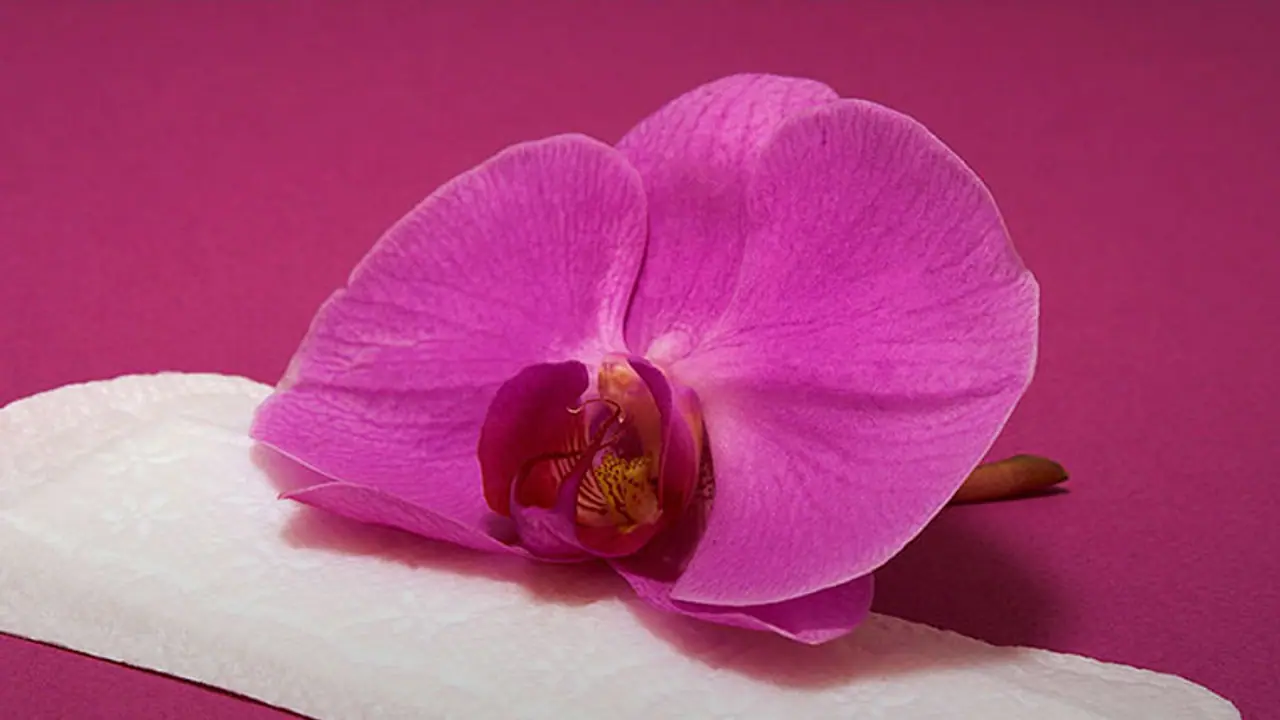The brand new GST regime will roll out from July 1 across India, after much discussion After meetings with stakeholders, the Finance Ministry has changed the rates for 66 items However, even though Sindoor is tax-free, sanitary napkins continue to be heavily taxed at 12 per cent.
The brand new Goods and Services Tax is going to be rolled out on July 1. This historic tax reform will bring the entire nation under one tax rule, making the country's markets easier to govern - and tax, naturally.

For close to a year now, heated debates have been occurring, both in the GST Council and on the streets, over the rates of goods. The topics have ranged from whether or not food should be taxed (it is exempt) to how much aggarbattis should cost (5 percent tax).
Indeed, while covering the news of the endless meetings, one got the feeling that every single industry under sun - bone meal to bottles - found some reason to complain and some adjustment with the Finance Ministry. There have been 16 meetings of the GST Council, and some 18 groups have been formed to soothe the ruffled feathers of industries.
And at last, though it remains a deeply polarising issue, the GST is all set to roll out. As is to be expected, the media is full of lists of goods and the new tax rate they will attract. It is an eye-catching list, to be sure. Fresh milk and Human blood get no tax, neither contraceptives and condoms. Glass bangles and Sindoor is exempt, and almost all 'puja' items attract no tax.
But as you scroll down the list, perhaps most of us overlooked one strange item - Sanitary napkins, to be taxed at 12 percent.
For those of you who may not get what the big deal is, here is a simple explanation - why is food tax-free? Because we all need it, regularly and it is a part of our daily lives. Hence, taxing them would mean the government is profiting off a necessity, instead of a luxury. Ethically, a government should make most of its money from luxury or optional goods, giving people the choice of buying it or not.
A woman has no choice about menstruation. It is a bodily function that cannot be naturally stopped, and its unnatural stoppage has long-lasting side-effects, and the treatment for the same can be expensive.
One can choose not to bathe, or to cut your hair and beard. One can choose to not wash after using the toilet or even whether or not to wear underwear. A woman cannot choose whether or not to menstruate, and cannot stop the process once it begins.
Using a sanitary pad, in place of the traditional cloth or other such material, is indisputably proven to be the more hygienic choice. On average, a woman would have to buy a pack of pads every month for roughly 35 years, a choice that markedly improves the health of women in the country. It is not a 'luxury' item, but rather something that every woman must have access to, as cheap as possible.
Then why is this government taxing the product as if it is a luxury item? It is not like this government is unaware that women use certain products daily. But apparently, the good folks in the Finance Ministry feel that Sindoor is the item most women MUST have - hence its tax-free status.
Are the babus in the Ministry so squeamish, that when the issue came out, no one dared to discuss it more than mumblings? Are they unaware that in a lifetime, women may end up buying some 11,000 sanitary pads?
They cannot pretend they do not know it is an issue. Around the world, countries like Kenya, Ireland and Canada, have removed the tax over the years. And just in India, there have been loud campaigns against the sanitary pad tax. Indeed, an online petition on the topic has 300,000 signatures.
But all these recommendations have been ignored, even as the requests of jewellers and tractor makers have been accepted. 'Beti Bachao' is a good slogan. But when given a chance to put its money where its mouth is, the government has failed its female citizens.
It is unbelievable but this obvious fact must be pointed out - not all women use sindoor or wear bangles. But they all menstruate.
And it is not a luxury.
